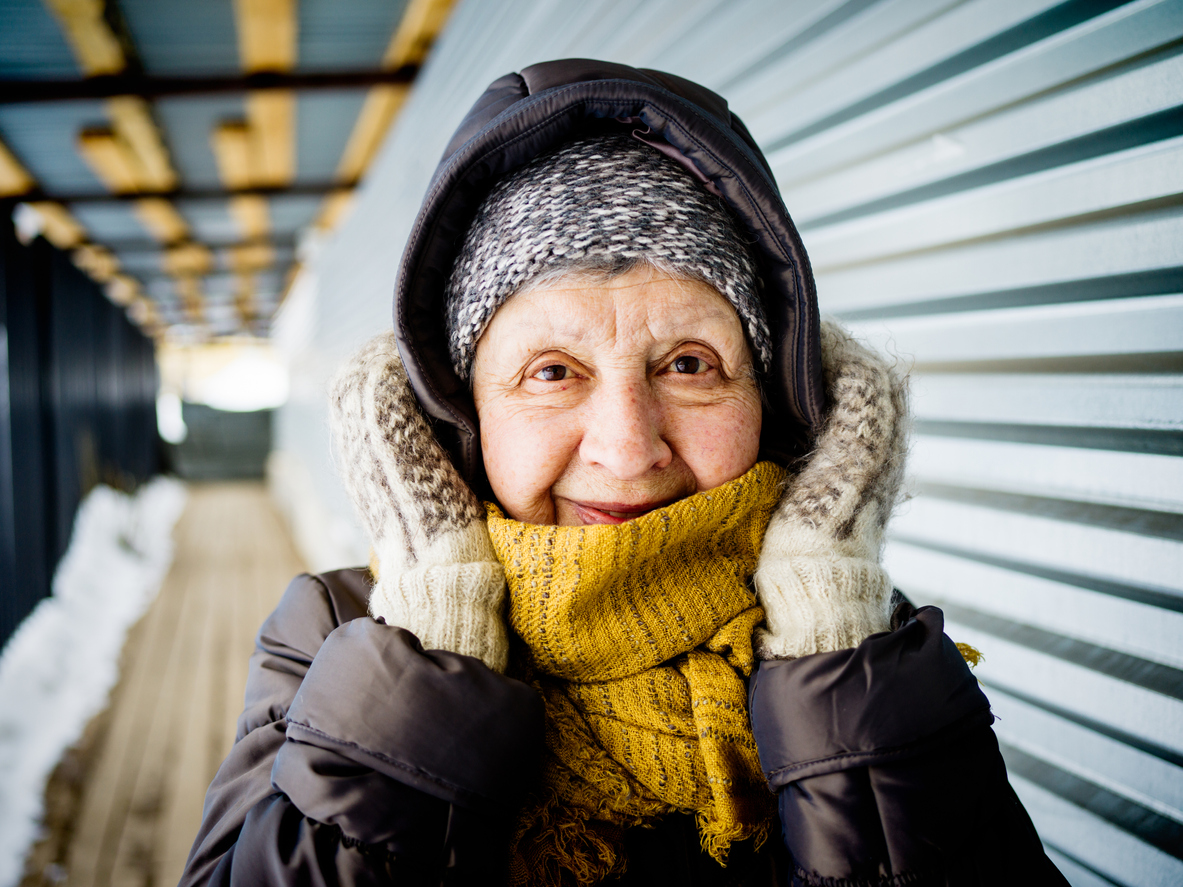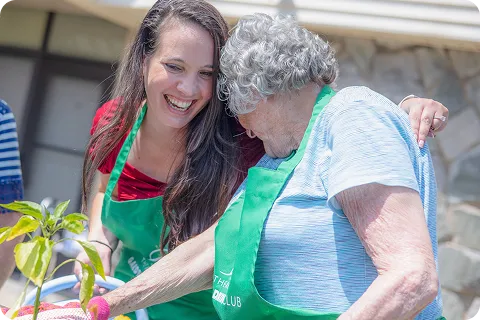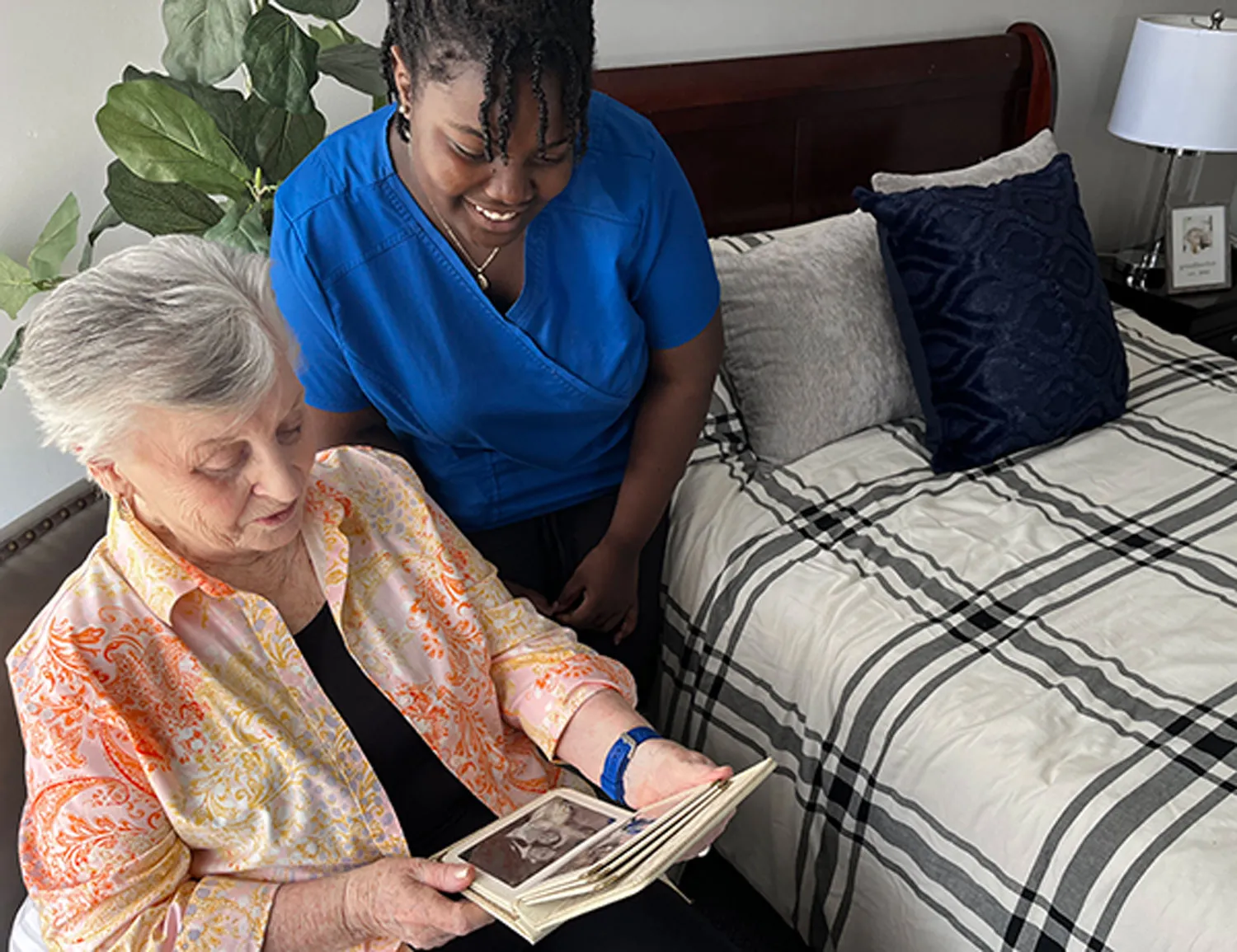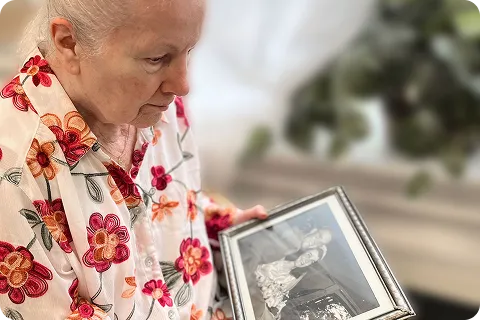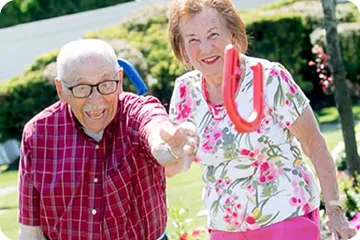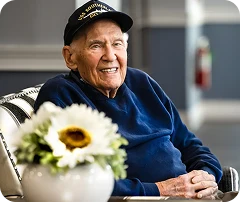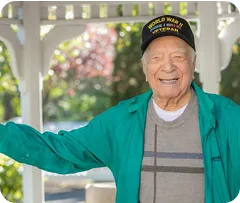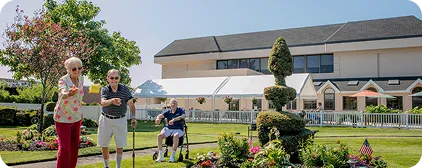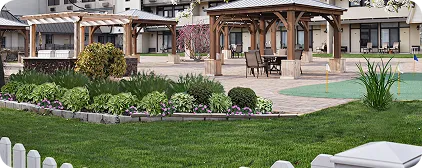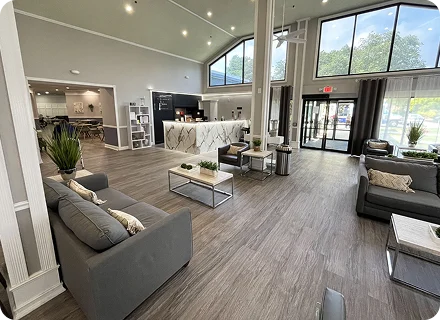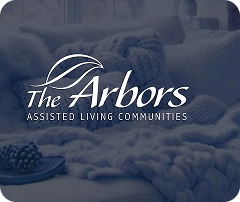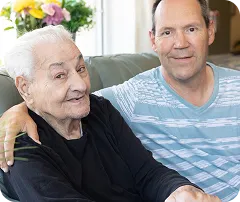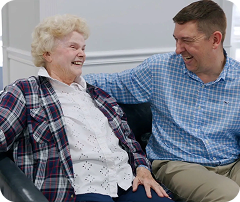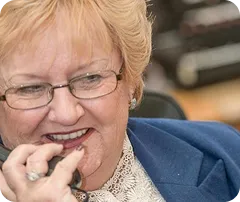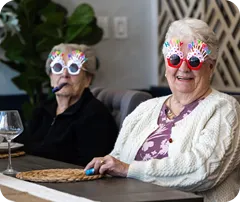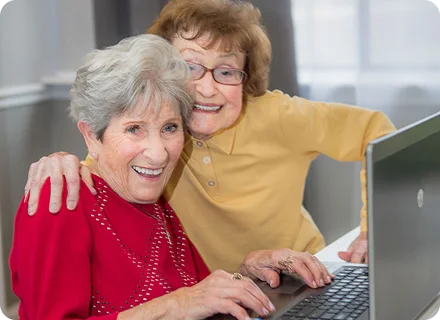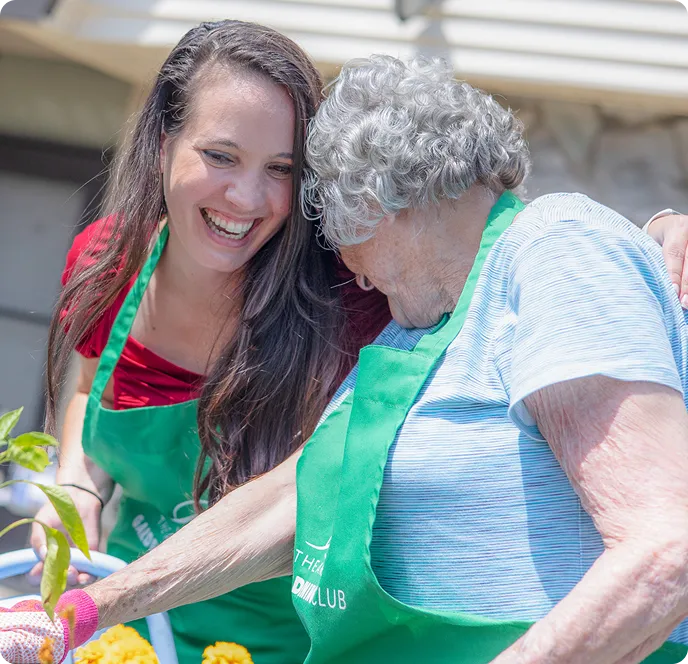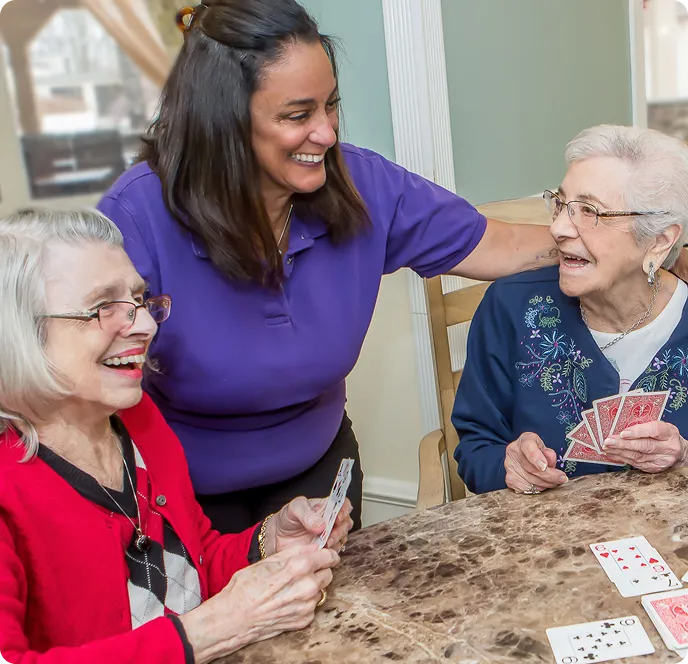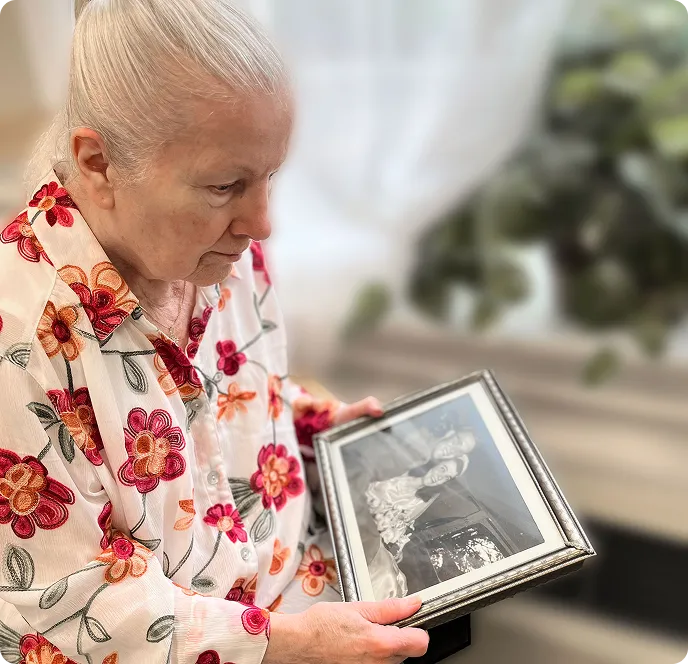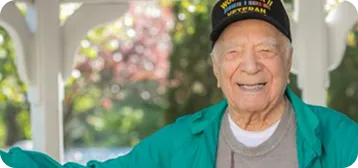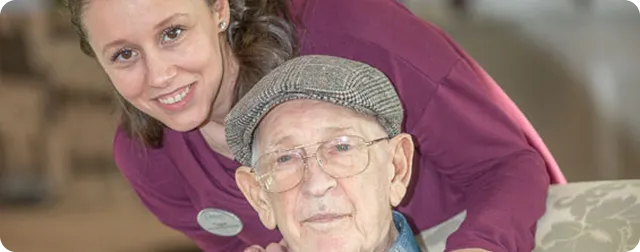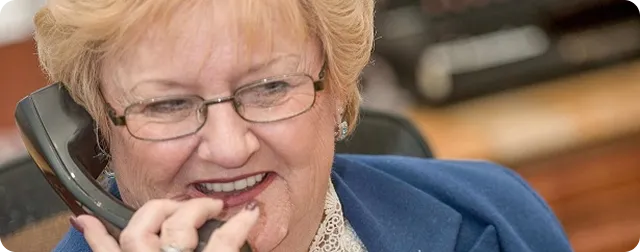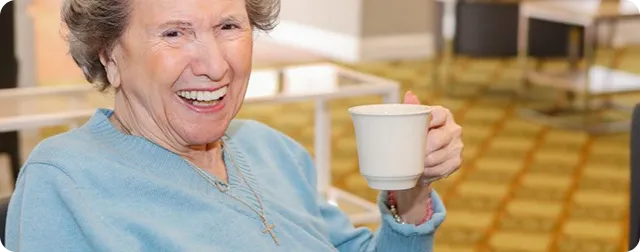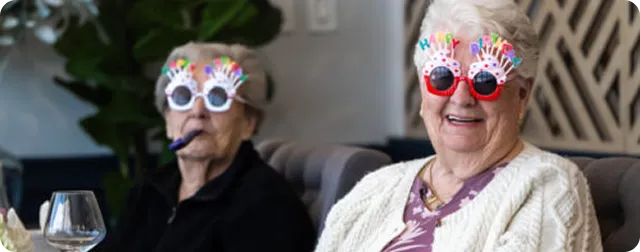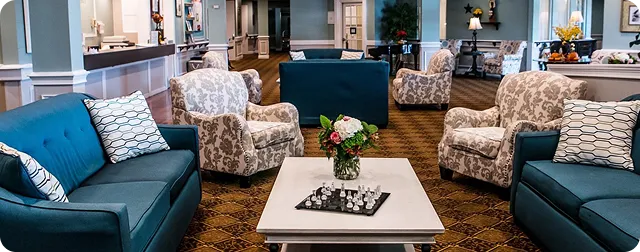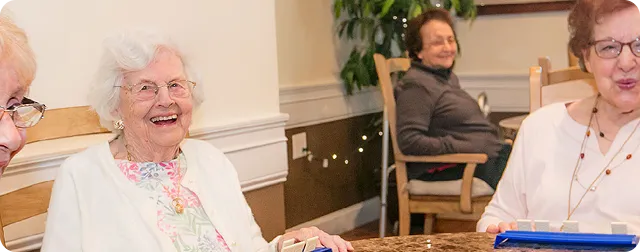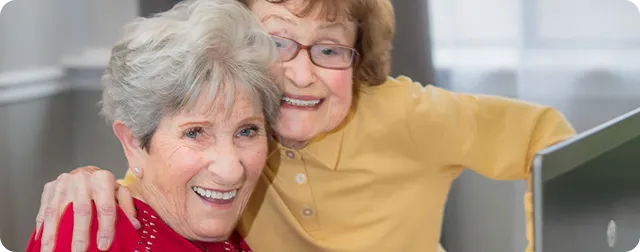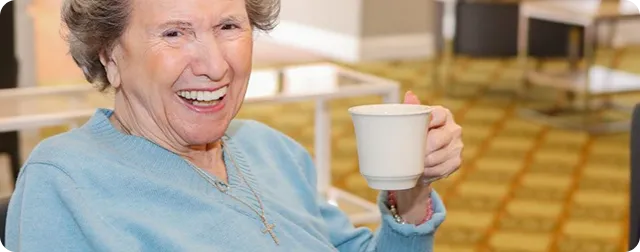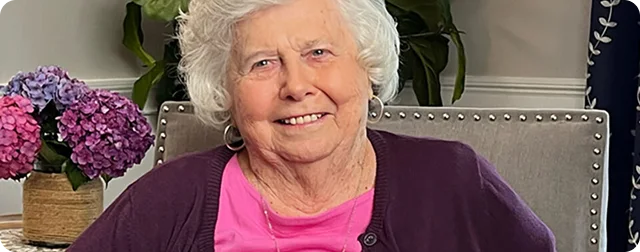(631) 778-7747
Keeping Seniors Warm During the Colder Months
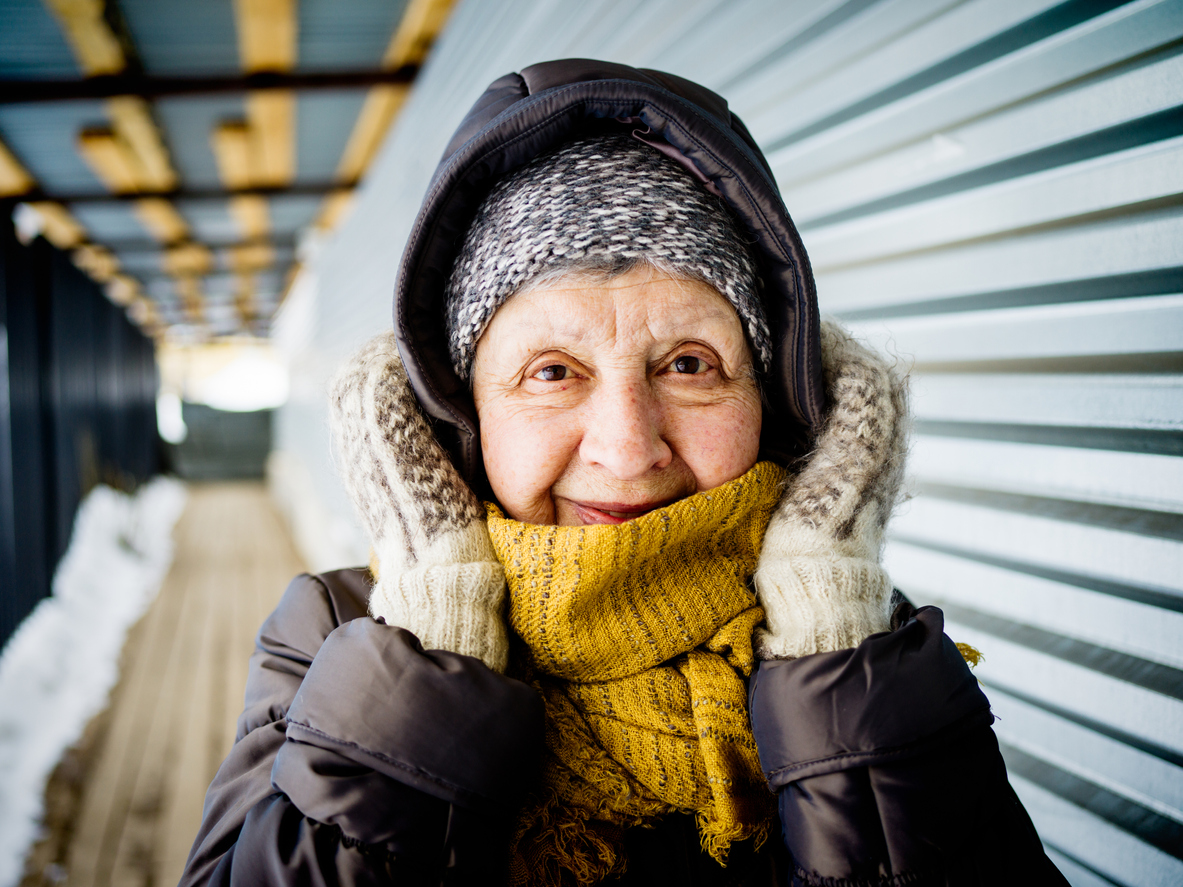
Keeping Seniors Warm During the Colder Months
October 28, 2019
The Dangers of Cold Weather for Seniors
Winter weather can be brutally cold for anyone to endure, but for seniors, it can be especially unbearable. Not many realize, but hypothermia is a real threat to seniors, and despite popular belief, you don’t have to be exposed to extreme cold to succumb to hypothermia. According to the CDC, hypothermia doesn’t have to occur in freezing temperatures. Even when it’s cool outside (above 40 degrees), seniors can still be a risk both in and out of their homes.
Elderly seniors are more prone to health issues when it comes to regulating their body temperatures. If your elderly loved one feels cold all the time, here’s how to keep them safe and warm.
Setting the Right Thermostat Temperature
We all want to save money on our heating bill, but setting your elderly loved one’s thermostat below 68 degrees can be harmful to their health — especially if their homes are poorly insulated The best home temperatures for elderly seniors should be kept between 68 and 70 degrees.
Dress Appropriately
When indoors, ensure that your elderly loved one is dressed appropriately. Dressing in layers can keep them warm throughout the day. Be sure to choose underlayers that are breathable and will not hold in moisture. Outer layers can be wool, flannel, or thick cotton.
When outdoors, elderly seniors should wear a scarf, hat, and gloves to protect them from harsh weather. Having the right boots and other shoes are essential in order to keep their feet warm as well as for proper circulation.
Eat a Well-Balanced Diet and Stay Active
Diet plays a vital role in regulating body temperatures. Eating nutritious foods such as hearty soups and vegetables can help them stay warm. It’s important also to encourage your elderly senior to stay active and exercise.
Contact The Arbors Assisted Living
The Arbors Assisted Living is a community that supports and promotes positive health and wellness habits. To learn more about how we can help your elderly loved one lead a safe and healthy lifestyle, contact us today.
Recent News
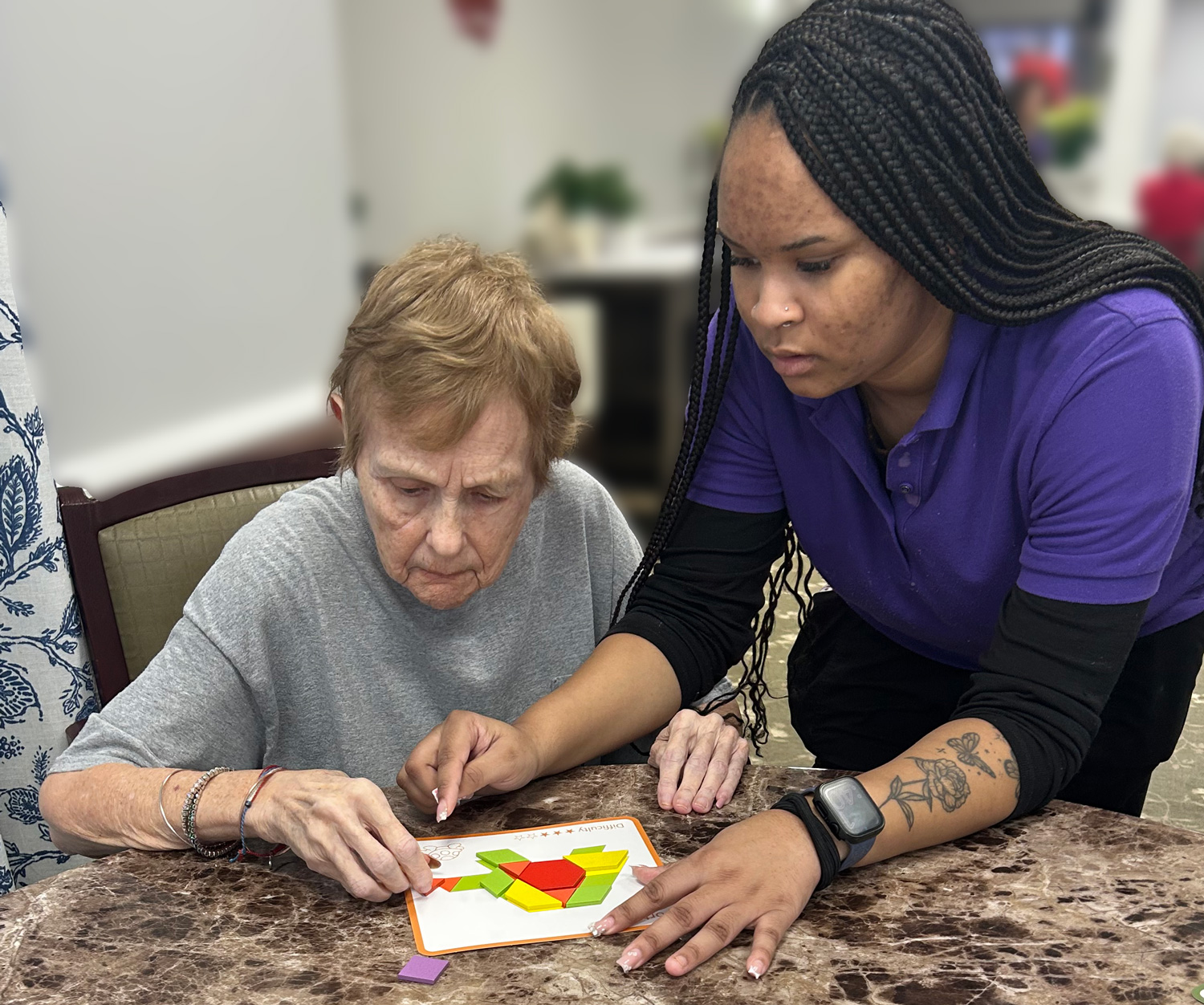
The Power of Touch
February 9, 2026
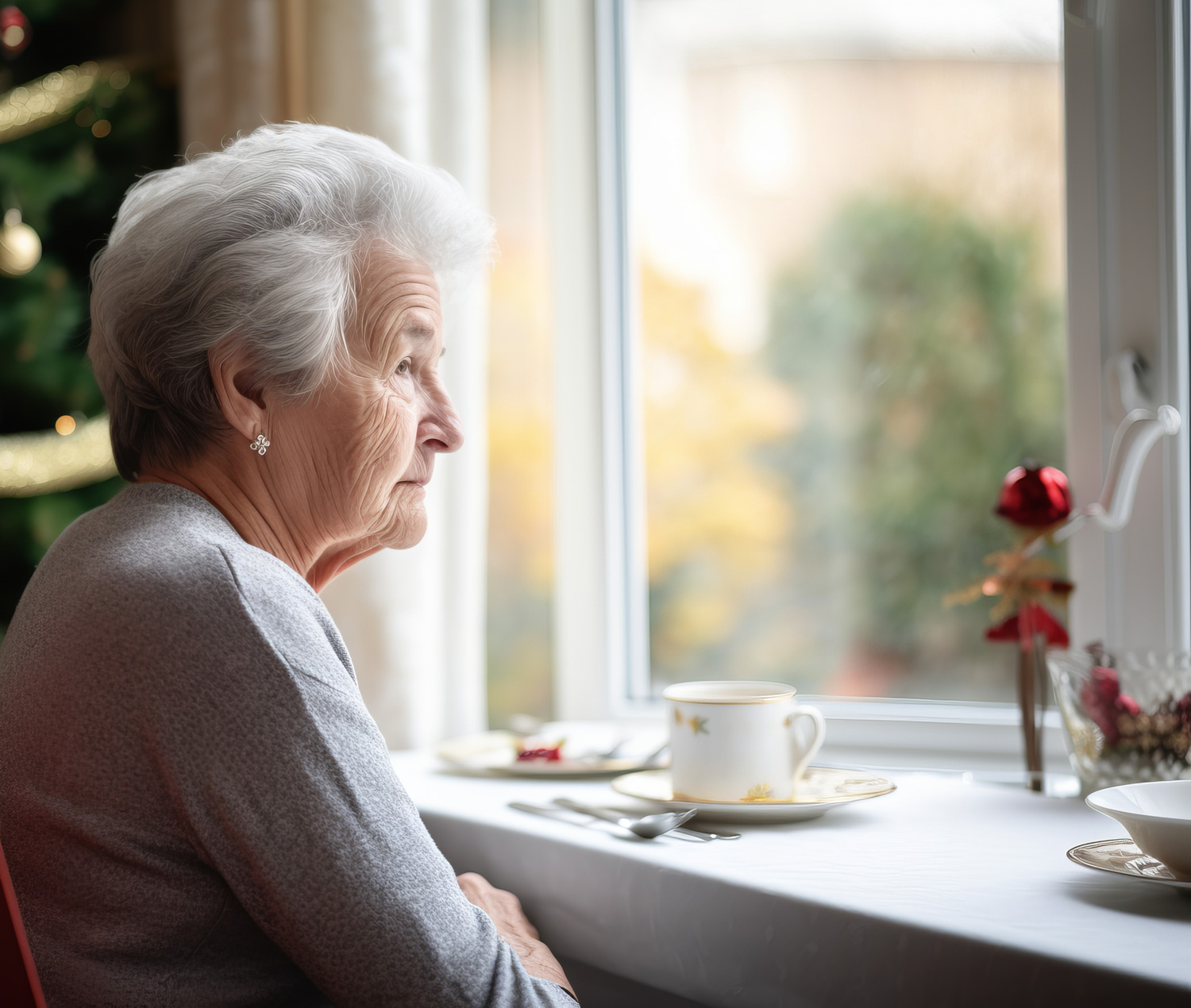
Winter Readiness for Caregivers: Do You Have a Plan?
January 6, 2026
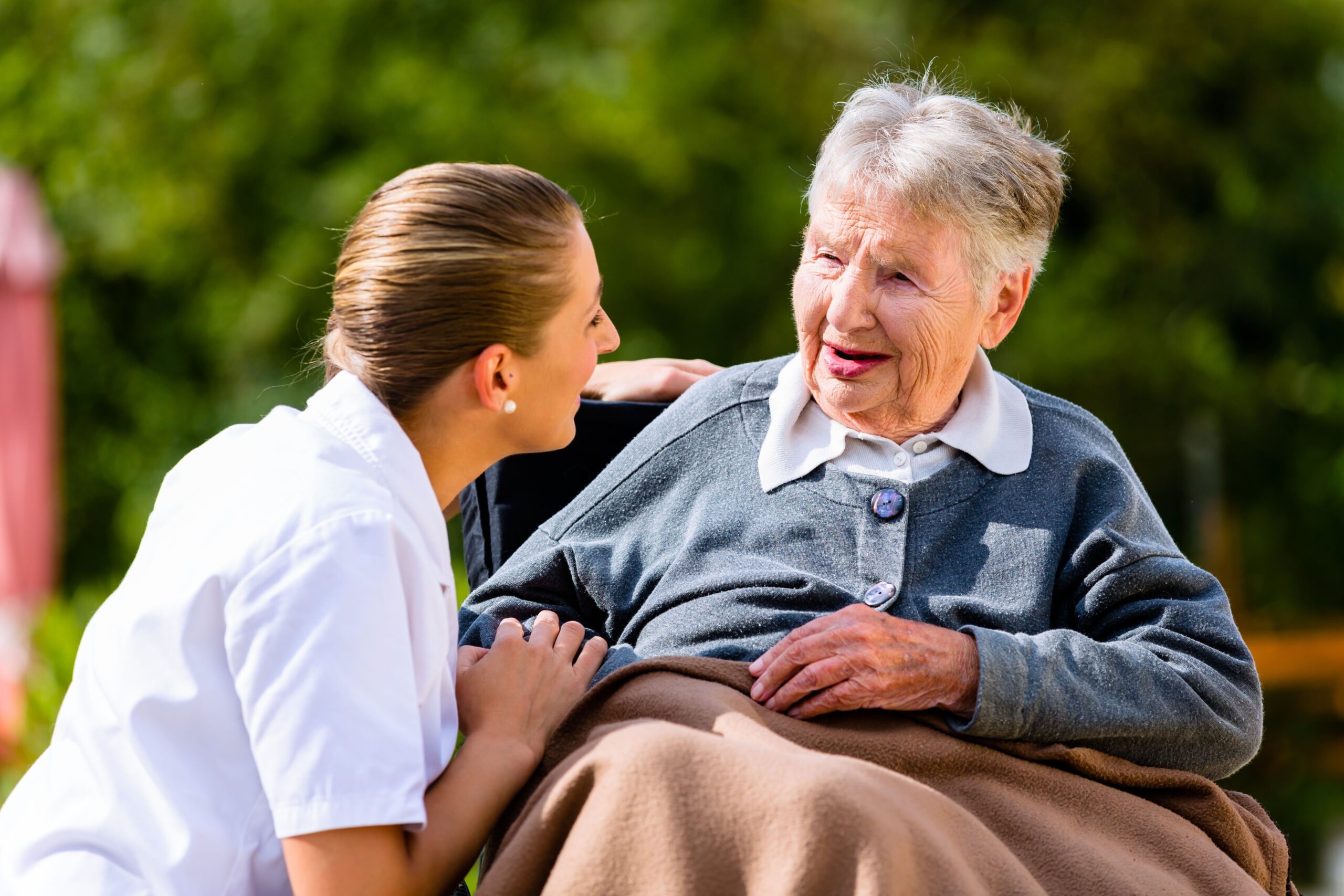
Important Topics to Discuss With Local Assisted Living Centers
November 10, 2025
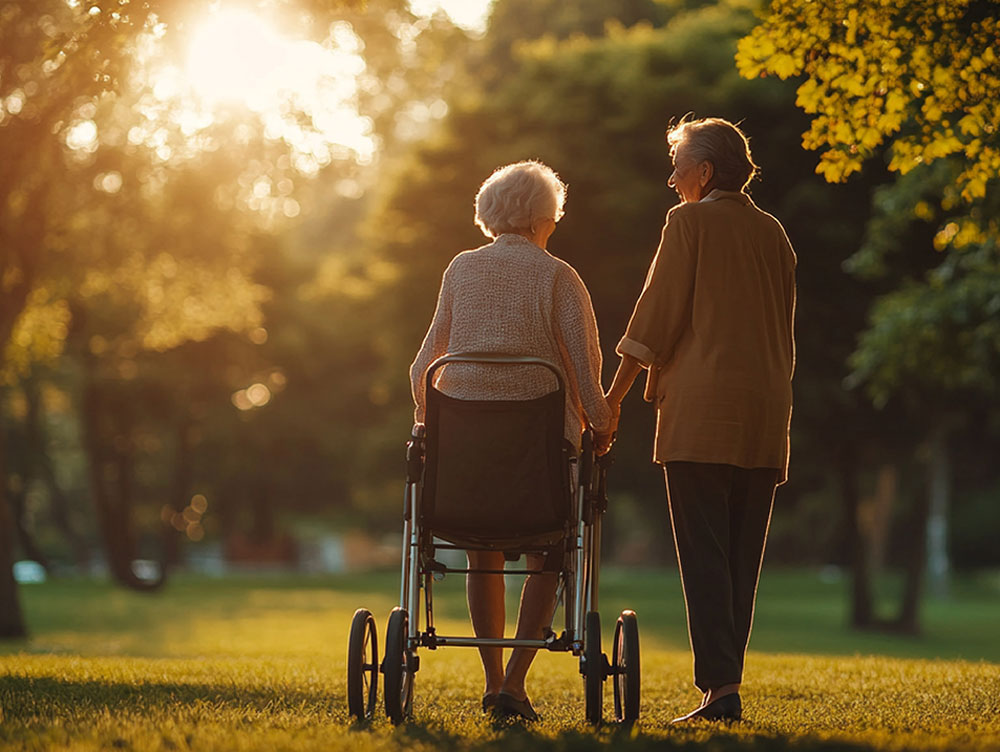
When It’s Time: Helping Your Parents Accept the Need for Assisted Living
October 15, 2025
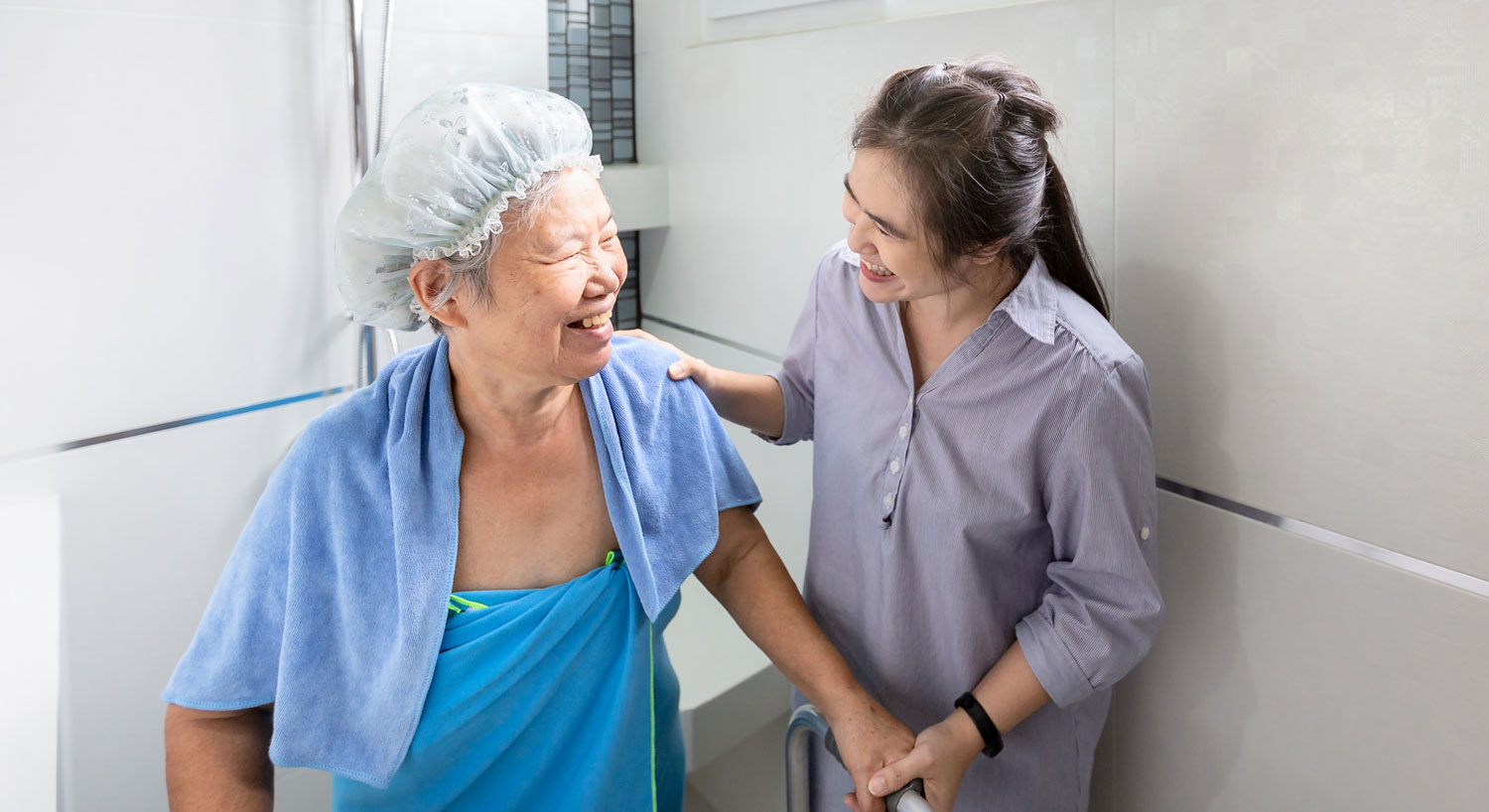
How to Encourage an Aging Parent to Shower When They Refuse
July 2, 2025
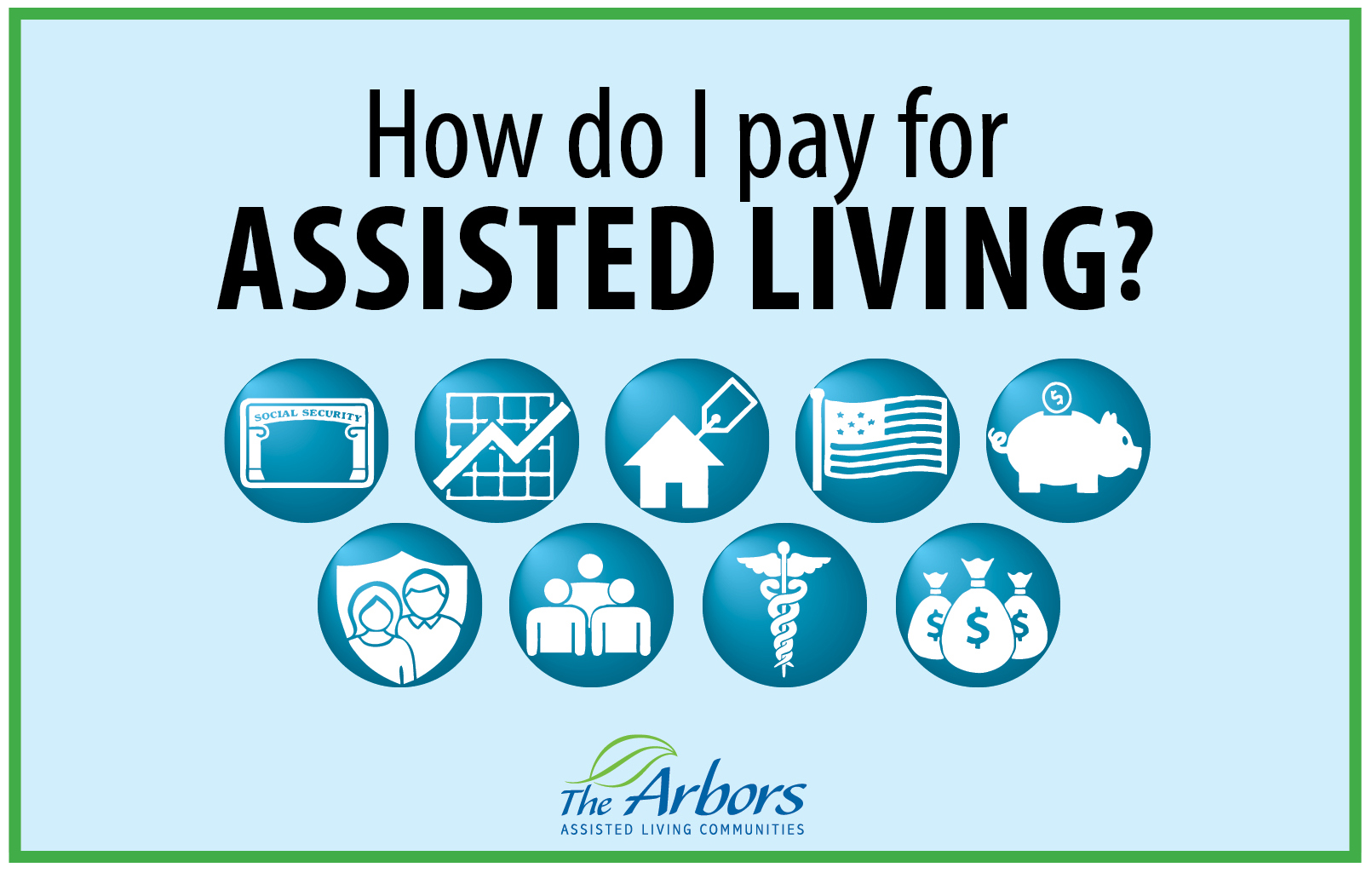
How Do I Pay for Assisted Living
June 6, 2025
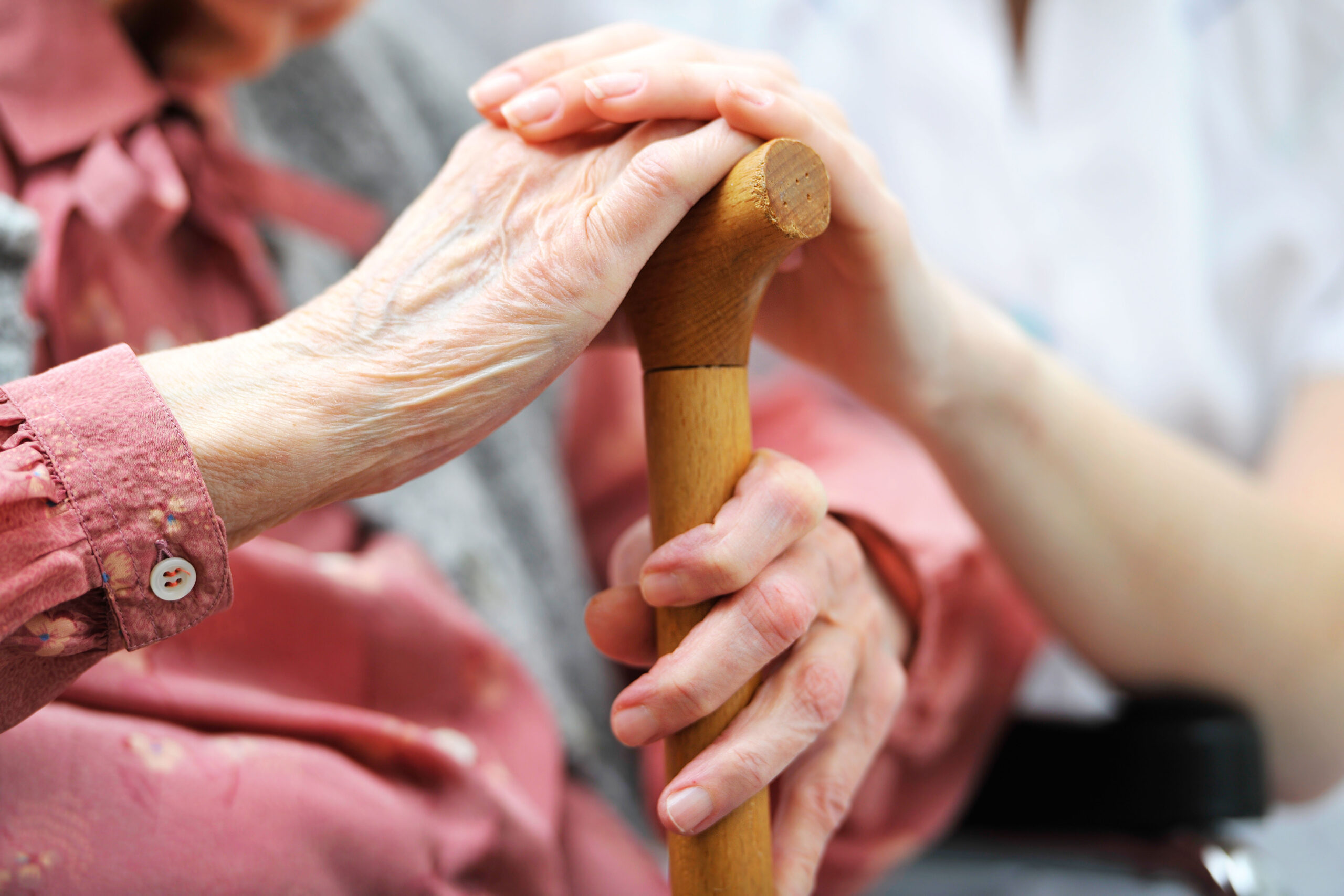
3 Signs You Should Consider Assisted Living
May 15, 2025
GET IN TOUCH
Let’s Talk About Making The Arbors Your Home
REQUEST A VISIT
Schedule a Tour of our Long Island Assisted Living Communities


